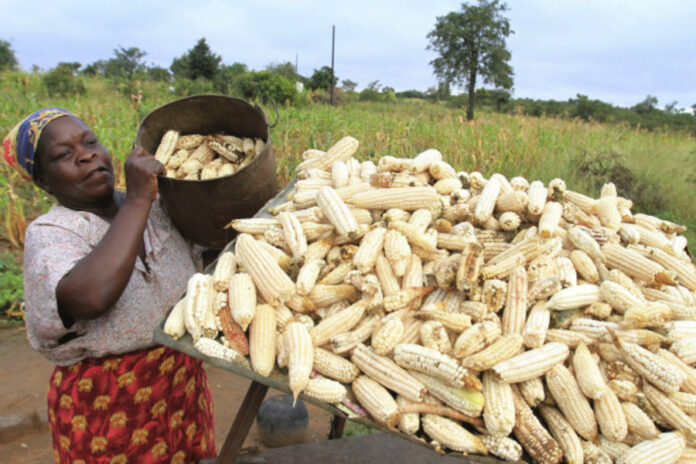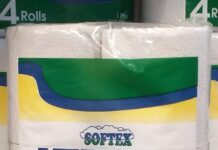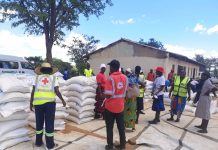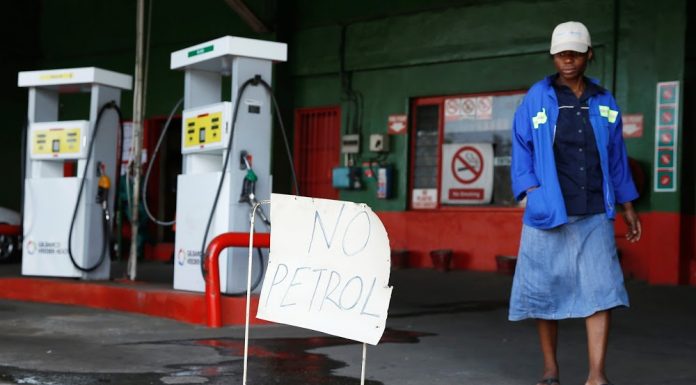Talkmore Gandiwa/Pride Mzarabani
Seed Co Limited said it is spending approximately US$10 million annually on research and development work for parent seeds. The company has been investing in new technology as the company introduces drought-tolerant crops.
At a press briefing held yesterday, Seed Co Managing Director Felistas Gurajena said there’s a lot of work being done under research and development in a bid to improve seed quality through various technologies.
“Annually, we are spending close to US$10 million every year on just the research and development work. But like I said, this is just one arm. The seed then has to actually be multiplied under very strict supervision in our seed production department. There are also a lot of protocols there with our quality assurance department,” said Gurajena.
Despite the last farming season being affected by the El Nino, the company said they have enough seed for the farmers and even excess to export to other countries that were also affected by the El Nino drought.
The company said they are improving their route to market across the country in a bid to counter counterfeit seed products on the market. “In terms of our distribution network, we have built four shops in Harare, Mt Hampden, Mbare, and Gokwe, but we have more than 400 shops that also sell our seed across the country.”
She added: “Our goal is to make sure farmers never have to travel more than 2km to get Seed Co seed—we are driven to achieve this as customer centricity is one of our values.”
Due to the proliferation of fake seed on the market, Seed Co has partnered with the Zimbabwe Republic Police to launch a crackdown on fake seed distributors and sellers.
“It is most unfortunate that annually our farmers are losing their hard-earned money to bogus suppliers of fake seed who are seemingly cheaper than the official distributors. It has become increasingly difficult to visually differentiate between original seed and fake seed as fraudsters are becoming cleverer in preparing their products. Sometimes they are even stealing original seed packaging and packing fake product inside,” said Gurajena.
According to the company, in 2020/2021, 51 cases were reported, and 138 tonnes of fake seed were recovered. In 2021/2022, 47 cases were reported, and 117.5 tonnes of fake seed were recovered. In 2022/2023, 40 cases were reported, and 74 tonnes of fake were recovered. In 2023/2024, 35 cases were reported, and so far, 35 tonnes of fake seed have been recovered.
Assistant commissioner Paul Nyati said the police and Seed Co agronomists are conducting a nation-wide operation to identify those who are selling fake seed.
“












